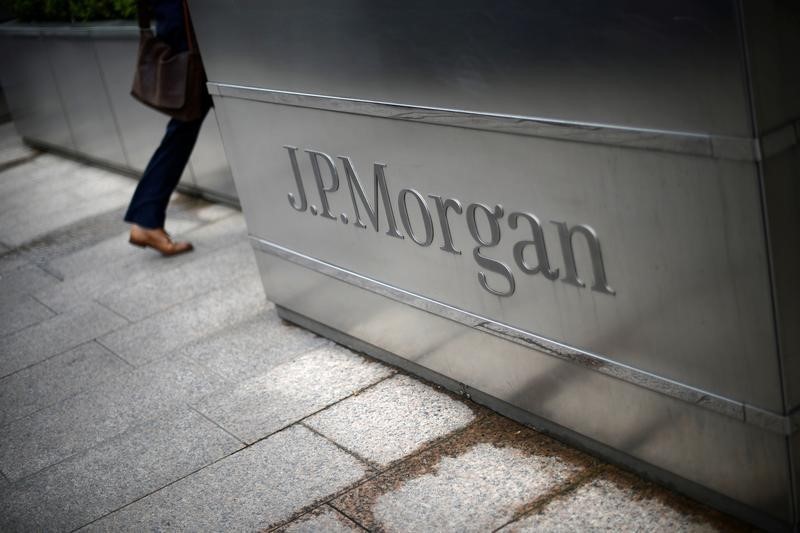NEW YORK (Reuters) - Government debt issuance in emerging markets was the lowest for any January since 2016, bankers have estimated, as the typically busy month faced nerves about both rising global interest rates and volatile geopolitics.
Analysts at U.S. investment bank JPMorgan (NYSE:JPM) calculated that $17.9 billion of EM sovereign bonds were sold last month, down about 40% from a record $32.2 billion issued last year when many EM governments looking to fill COVID spending gaps were able to borrow at all-time-low rates. [.JPMEGDR]
"Heightened rates and higher rates volatility remained the key hurdle for sovereigns looking to enter the market in January," JPMorgan's analysts said.
"A more hawkish FOMC last week raises the bar for new issuance even higher now," noting that Chile issued bonds immediately after the U.S. Federal Reserve's meeting, "which could suggest a greater sense of urgency to finance earlier in the year before rates rise further."
(Graphic: Slowest January for emerging market sovereign debt issuance since 2016: https://graphics.reuters.com/EMERGING-MARKETS/gkvlgjxrmpb/chart_eikon.jpg)
Economists now expect the U.S. central bank, which tends to drive global borrowing costs, to raise its interest rates five times before the end of year. The last time it delivered five hikes within such a short window was August 2005 to June 2006 when they went up 7 times.
The premium that international investors demand to buy EM debt rather than U.S. Treasuries has been rising since June. The average yield - a borrowing cost proxy - for developing countries to borrowing in their own currencies is also now almost 6% for the first time since the coronavirus pandemic erupted in early 2020, and mid-2019 excluding that.
(Graphic: EM sovereign bond yields: https://fingfx.thomsonreuters.com/gfx/mkt/zjvqkawwlvx/Pasted%20image%201643738218207.png)
Breaking down this year's issuance figures also shows that countries seen as having stronger finances and classed as 'investment grade' by credit rating agencies have sold the lion's share at $16.4 billion, whereas weaker high-yield or 'junk'-rated countries have sold just $1.5 billion worth.
Turkey, which has been gripped by a currency crisis over the last six months, leads the pack in terms of expected issuance for the rest of the year at $11 billion, followed by China and Indonesia with $10 billion and $9 billion respectively.
Oil-rich Saudi Arabia is also expected to sell $6.5 billion of debt while Kuwait, which saw its credit rating cut last week, is seen borrowing $6 billion.

Maturities in February include Turkey and Romania with $2 billion each, and Lithuania with $1.5 billion.
(Graphic: Table: EM sovereign net supply and financing needs: https://graphics.reuters.com/GLOBAL-EMERGING/ISSUANCE/zdpxoanamvx/chart.png)
